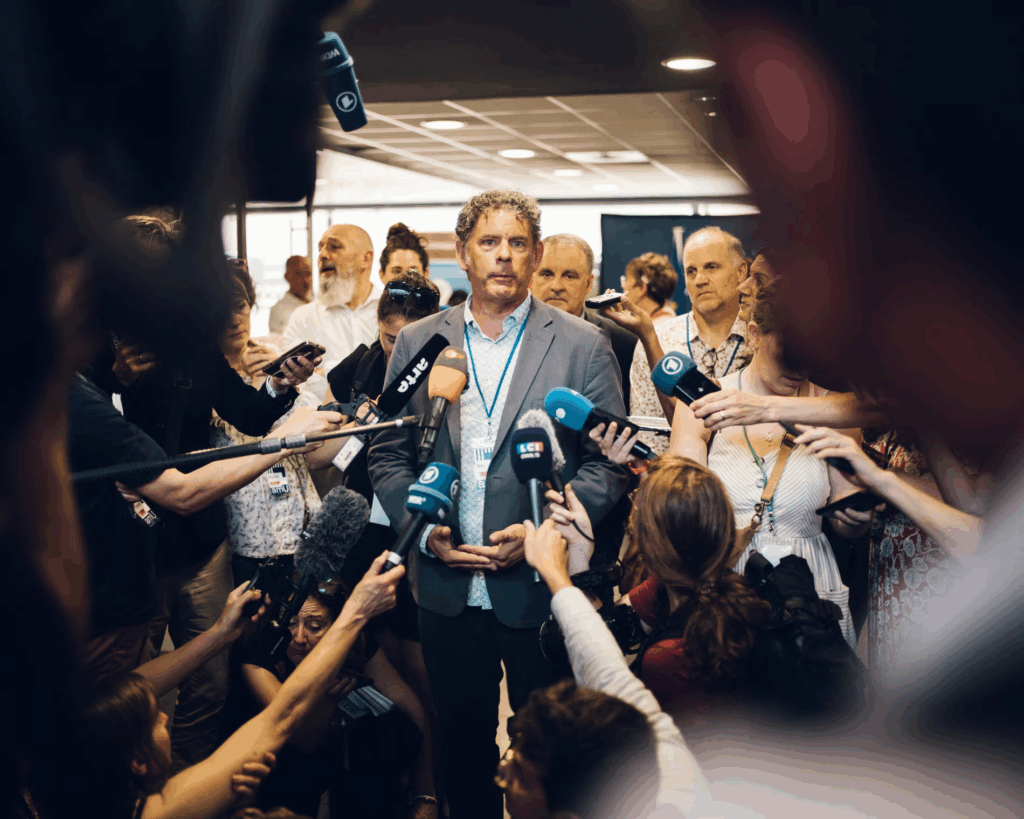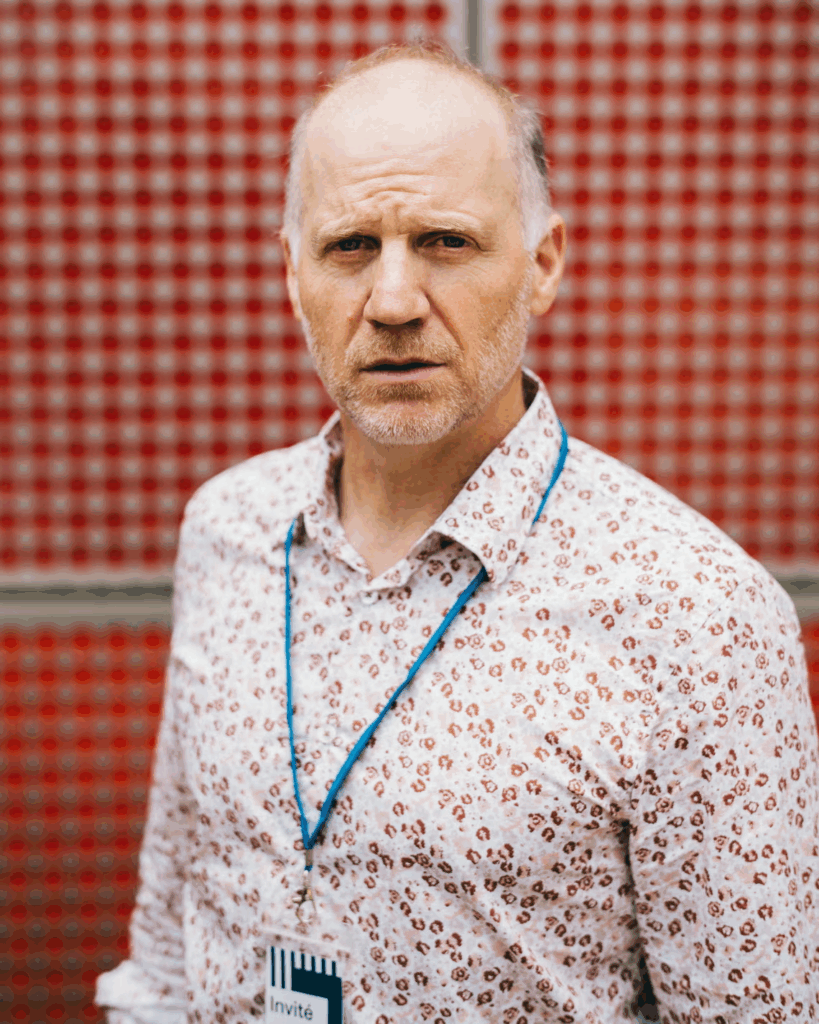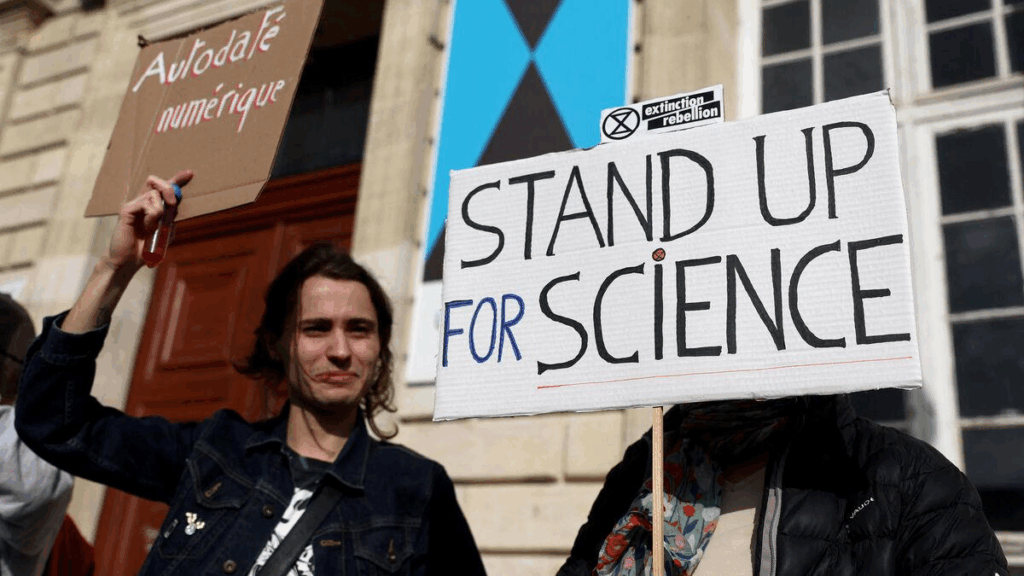In recent years, a growing number of American academics have voiced concerns over the declining state of the U.S. scientific and educational system. Claiming that the country is “destroying” its own future, many scholars are choosing to leave the United States in search of better opportunities, often relocating to countries like France, which they describe as offering a form of “scientific asylum.”

Critics argue that the United States has become increasingly hostile to scientific inquiry, with funding cuts, politicization of research, and bureaucratic hurdles stifling innovation. The dwindling support for basic research and the erosion of academic freedom are seen as symptoms of a broader systemic decline that threatens the nation’s position as a global leader in science and technology.

France, on the other hand, has emerged as a beacon for displaced American scientists and researchers. With competitive funding, a supportive academic environment, and policies that prioritize scientific advancement, France offers a refuge—what some refer to as a “scientific asylum”—for those seeking to continue their work without political interference.
Renowned scientists and scholars have publicly expressed their frustrations. Many cite the increasingly polarized climate in the U.S., limited research funding, and restrictive immigration policies as driving factors behind their decision to relocate. They see France and other European countries as places where scientific inquiry is valued and protected, providing a fertile ground for innovation and collaboration.

The exodus of top talent raises concerns about the future of American science and education. As leading researchers depart, the U.S. risks losing its competitive edge in critical fields such as medicine, technology, and environmental science. Experts warn that unless significant reforms are made, the country could fall further behind on the global stage.
This trend has sparked a debate about the priorities of American policymakers and the importance of safeguarding scientific integrity.

The narrative of American academics fleeing to France as a form of “scientific asylum” underscores the urgent need to reassess and revamp the country’s approach to science and education. If the U.S. wishes to remain at the forefront of innovation, it must address the systemic issues threatening its scientific infrastructure before it’s too late.